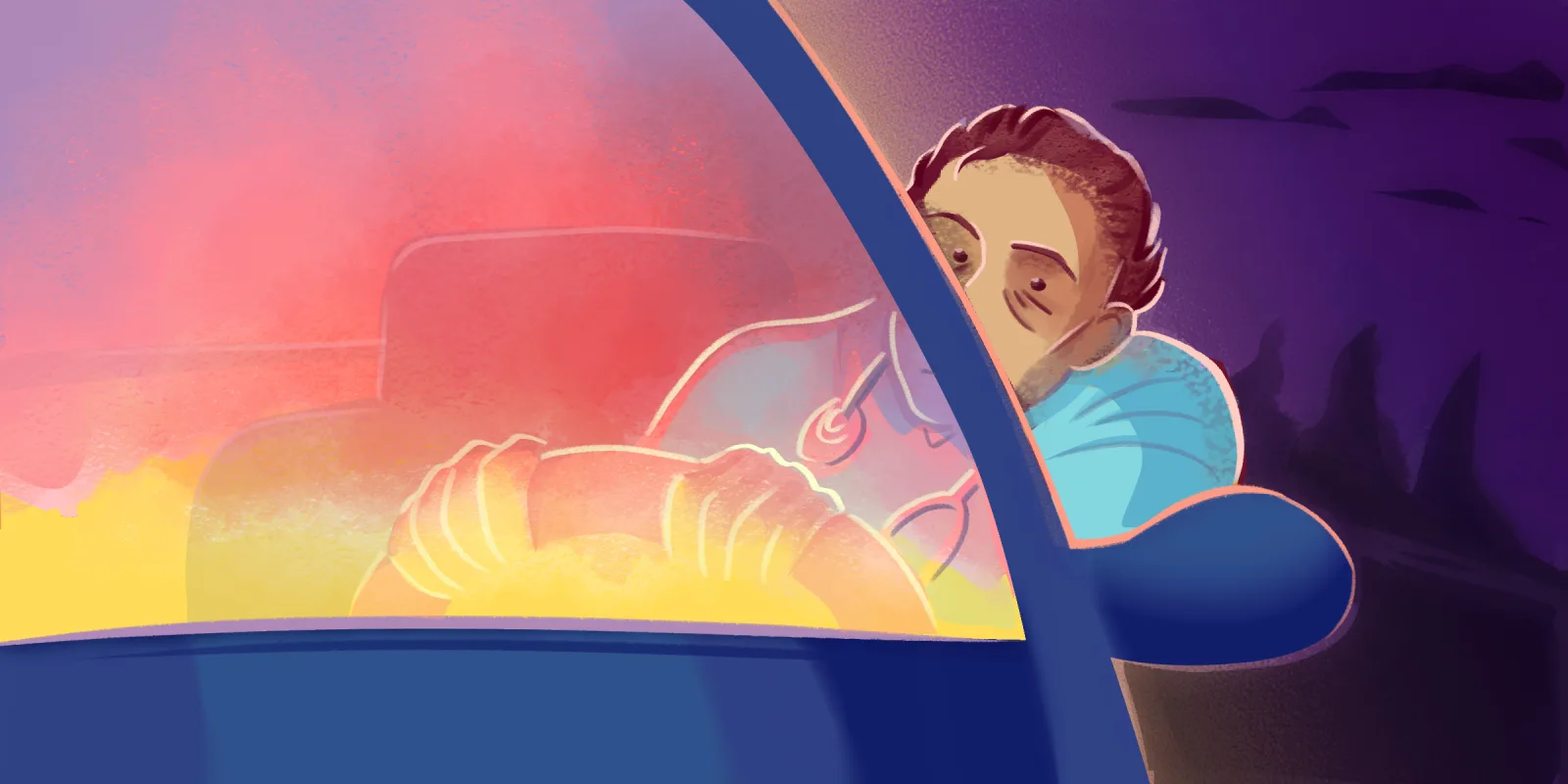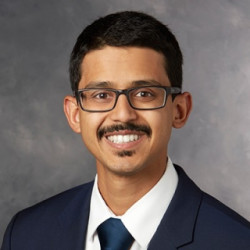As I turn the key in the ignition, the engine feebly tries to start, nearly catching and then fading three times. I have had this steel blue 2007 Volvo S40 since college, and increasingly, I find myself crossing my fingers that it will last just a little bit longer. This cold morning, it pauses for an especially long time — long enough that I start to think it has reached its last breath when, in one last gasp, the engine finally catches and settles into a low thrum. The dimly lit dashboard comes to life, and I see three indicators illuminated — check engine, low fuel, and routine maintenance needed. I think to myself that this parallels my own state, exhausted as I am from a busy rotation. It has been a particularly bad stretch, having spent four of the past five nights in the hospital, only to have to return early in the morning to round and cover clinics and ORs. Just as I had no time to check on my car, so too did I lack the time to check on how my body and mind were functioning, to refuel, and to create space for rest and routine maintenance.
Through my many years of medical training, my trusty car has accompanied me day and night. It has shuttled me from home to hospital and back again, whether for a short commute or to a far-off rotation in a different city. All this time spent in the car cabin has led to some interesting observations and insights, and in my current sleep-deprived state, it’s helping me recollect the events of the preceding days and weeks.
Each morning, when I get in the car, I can tell how tired I was the last time I drove based on how loud the music is. As an ENT, I am not endorsing blasting music at unsafe levels to stay awake (you must respect the cochlea), but sometimes, this is the only way to drive home while keeping your eyes open. Though I have a Spotify subscription, I have five CDs in the car’s deck that I typically cycle through for convenience. The CDs and tracks I most recently listened to provide some insight into the state of mind I was in the last time I drove: the angsty alternative rock of Third Eye Blind and the childhood nostalgia and escape of the well-worn lyrics and sounds of the Beatles’ Abbey Road, which my dad and I would listen to on the way to school.
On the days when I leave the hospital before sunset, the condition of my car reflects how many days or weeks in a row I had been arriving at work before dawn and leaving after sunset — the sunlight revealing how grimy and caked in pollen the windshield has become on my drive home.
My car is also my quiet spot and safe place. I am always cold in the OR and, particularly as I approach the end of the day, often hypoglycemic from skipping every meal after breakfast. And so I enjoy basking in the car’s overly hot air and warm seat after it has spent all day baking in the sun.
Here, I often greedily chomp on a warm Clif bar, as good as a fresh chocolate chip cookie when you are as hungry as I am. It’s where I sit for a few minutes in dazed silence replaying the day’s events. It is where I once cried after a young patient died unexpectedly, just hours before they would have been discharged. It is where I pump my fist in a small celebration of success after a great case or a rewarding day.
Now that I have finished training, it is time to say goodbye to my car. The air conditioner hasn’t worked for four years, the roof leaks when it rains, and it is a miracle that it has kept passing the smog check each year. Its wear parallels my own wear and tear over the past decade and a half together, and its myriad stains, scratches, and flaws are a record of my time in training. Material possessions aren’t everything, but sometimes their significance can extend beyond that of mere objects. In this instance, my car is more than just a car; it’s a companion whom I will dearly miss.
Are there any items or objects that have been particularly significant for you as a clinician? Share yours in the comment section.
Dr. Neelaysh Vukkadala completed his residency in otolaryngology-head and neck surgery at Stanford University and is currently a laryngology fellow at UCLA. He is interested in medical ethics, quality improvement and teaching. He enjoys writing, hiking and landscape photography and can be found on Instagram at @picturesbynv. Dr. Vukkadala is a 2022-2023 Doximity Op-Med Fellow.
Illustration by April Brust







